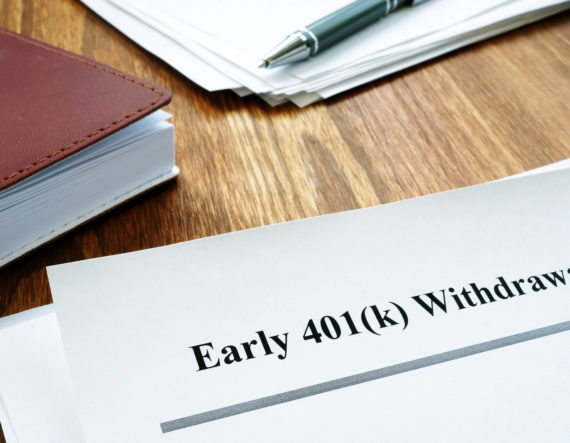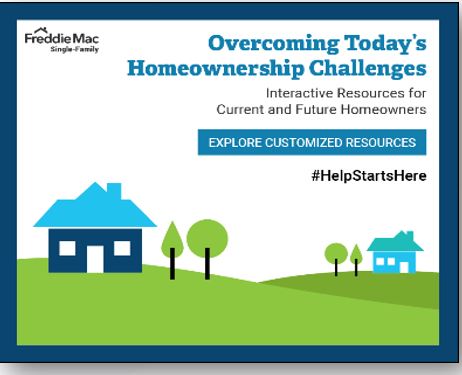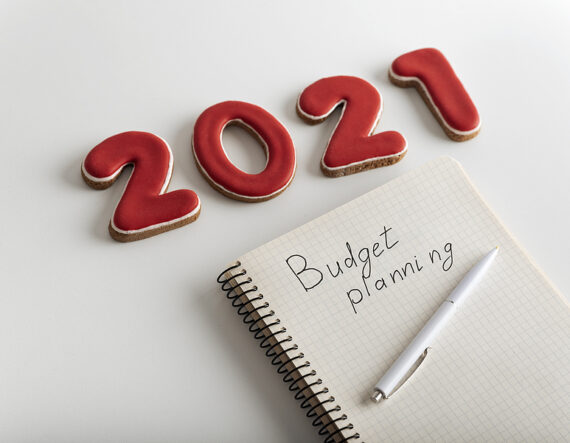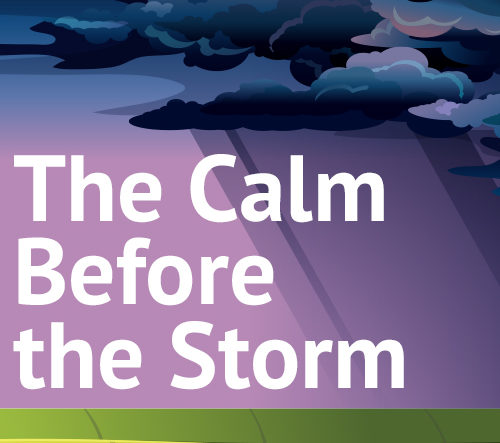
The Mental Impact of Financial Stress and Tips for Dealing with COVID-19 Impacts
A recent poll from the National Endowment for Financial Education shows that 88 percent of Americans are experiencing financial stress as a result of COVID-19. That does not come as much of a surprise, given the way in which the pandemic has created widespread uncertainty and significant economic fallout in such a short time. Financial stress revolves around money, but it is a form of stress and therefore both a personal finance and mental health issue. If you are experiencing stress and anxiety about your finances and are concerned about the future and making ends meet, consider the following tips and resources to preserve a positive outlook.
Establish a Routine and Consistent Self-Care
Most of our routines have been upended in recent months, which can certainly contribute to stress. However, many have referred to life after COVID-19 as the “new normal,” which means that it provides an opportunity to create a new routine. As the National Alliance on Mental Illness explains, “daily habits and routines can help you feel more in control of your own well-being.” To feel most in control, try to preserve as much of your pre-COVID routine as possible. This means trying to find time for the activities you used to do and trying to keep as much consistency in the timing of those activities as possible.
Make sure that your routine includes time to exercise, ways to eat healthy (i.e. adequate time to plan for grocery shopping and cooking), and a healthy sleep schedule. A routine that includes each of these should help you retain a sense of normalcy and limit stress. In addition to these basic elements of a routine, consider building in time for relaxing activities. These could include yoga and meditation, stretching, extra time with pets or kids, or even just a personal hobby that you enjoy. If you have the capacity and desire to take on a new challenge, consider learning a new skill through one of the many online educational platforms. That, too, could be a positive distraction and provide a benefit to your resume.
Your routine should absolutely include a budget, too. Having a plan for where your money is going can ease your anxiety and provide some sense of predictability. As you plan a daily routine, consult the COVID-19 guide from the National Alliance on Mental Illness, which provides in-depth tips and considerations for handling this difficult time.
Access Available Resources
One of the silver linings of this pandemic has been the rapid response by many individuals, organizations, and governments to provide assistance to others. Make sure that you are aware of these resources and take action when needed, because they may provide the help you need. If you feel overwhelmed by looking for or applying for resources, consider asking a friend, family member, or even a credit counselor for help.
Online Therapy
Talking about your financial stress can make it better, give you peace, and help you develop a plan for moving forward. You can speak with a qualified professional from the comfort of your own home. There are many therapists who offer this service. Consider contacting local professionals in your area. They may be able to work remotely with you now, and then hold face-to-face sessions when restrictions related to COVID-19 are lifted. Alternatively, there are remote-only services available, like Talkspace.
If you are not interested in one-on-one therapy sessions, you might consider joining a group online for people who want to share their experiences of dealing with COVID-19. Talkspace has a free Facebook group; NAMI also has free online community discussion groups. The NAMI Guide also provides a list of several other online communities that may be worth considering.
Lastly, for a completely go-at-your-own-pace option, there is an app called COVID Coach. Though it is being marketed by the Department of Veterans Affairs, it is available to and designed for everyone. The app is a self-care tool designed to provide coping mechanisms during COVID-19, and to allow users to track their progress.
Government Programs
Make sure that you are aware of government programs passed in response to COVID-19. These include the economic impact payments and expanded unemployment benefits. If you need to take action to access these benefits, make a plan to do so. You do not want to miss an opportunity for help when it is available. These programs can also be sources of stress if you are confused about how to apply or if there are delays in processing. Find a friend or family member to help you navigate the programs and to be a sounding board for any questions or frustrations.
Friends, Family, and Community Groups
Connections with friends and family matter now more than ever. Just because you cannot be physically together does not mean you cannot have meaningful conversation and connection virtually. Call, text, or email friends and family to see how they are doing regularly. They will appreciate you thinking about them, and you will get peace of mind and comfort from knowing how they are doing. Now that video calling technology is so easy to use, you can even Zoom, Skype, or FaceTime together, not just to talk but to do a variety of activities (eating dinner, watching a favorite TV show, etc.). In addition to friends and family, be sure to maintain connections with community groups. These could include your church, an organization where you volunteer, or something else. Find ways to stay involved and in conversation with the people at these places. It will help preserve a sense of consistency.
More Help
If COVID-19 has impacted you and caused increased financial stress, know that you are not alone. In fact, you are in the large majority. There is absolutely no shame in asking for help. A few important resources that you might like to have handy are the NAMI Covid-19 Guide, tips from the CDC on Stress and Coping, and a dedicated page on COVID-19 issues from the American Psychological Association. Each of these provides important tips for creating healthy routines and seeking help from professionals if needed. Of course, if you also want specific help with your financial situation, including a plan to manage high-interest debt, we invite you to contact a credit counselor for a one-on-one counseling session.
The post The Mental Impact of Financial Stress and Tips for Dealing with COVID-19 Impacts appeared first on NFCC.
Read more: nfcc.org


















